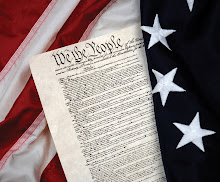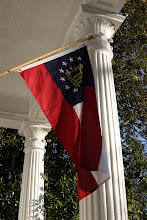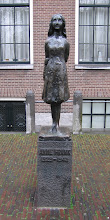The Andrews Sisters - a close harmony singing group, consisting of sisters
- LaVerne Sophia Andrews (contralto; July 6, 1911 – May 8, 1967),
- Maxene Angelyn Andrews (soprano; January 3, 1916 – October 21, 1995),
- Patricia Marie (a.k.a. Patty) Andrews (mezzo-soprano; lead; born February 16, 1918).
All were born in Minnesota to a Greek immigrant father and a Norwegian American mother.
Buck Privates, with Abbott and Costello, featured the Andrews Sisters' best-known song, "Boogie Woogie Bugle Boy." This Don Raye-Hughie Prince composition was nominated for Best Song at the 1941 Academy Awards ceremony. In 2001, the song was voted #6 on a list of 365 entries for Songs of the Century, having also returned to popularity via a 1973 rendition by Bette Midler.
"Boogie Woogie Bugle Boy" - a wartime radio song about a virtuoso trumpet player, was a major hit for the Andrews Sisters and an iconic World War II tune. This song can be considered an early jump blues recording. The song is ranked #6 on Songs of the Century.
The song was written by Don Raye and Hughie Prince, and was recorded at Decca's Hollywood studios on January 2, 1941, nearly a year before the United States entered World War II but after the start of a peacetime draft to expand the armed forces in anticipation of American involvement. The flipside was "Bounce Me Brother With a Solid Four". The Andrews Sisters introduced the song in the 1941 Abbott and Costello film Buck Privates, which was in production when they made the record. "Boogie Woogie Bugle Boy" was nominated for an Academy Award for Best Song.
It is closely based on an earlier Raye-Prince hit, "Beat Me Daddy, Eight to the Bar," which is about a virtuoso boogie-woogie piano player.
According to the lyrics of the song, a renowned Illinois street musician is drafted into the U.S. Army during the Wartime Draft imposed by the Roosevelt Administration. In addition to being famous, the bugler was the "top man at his craft," but the Army had little use for his talents and he was reduced to blowing the wake up call (Reveille) in the morning. This caused the musician to become dejected: "It really brought him down, because he couldn't jam." The commanding officer took note of the blues man's blues and went out and conscripted more musicians to assemble a band to keep the bugler company. Thereafter, the bugler found his stride, infusing the military marches with his inimitable street flair: "He blows it eight to the bar - in boogie rhythm." Even his morning calls attain some additional flavor: "And now the company jumps when he plays reveille." But, the bugler is not only empowered, he is possibly spoiled, because thereafter, "He can't blow a note if the bass and guitar...Isn't with him."
On the Web:
Andrews Sisters Official Website
Thanks to Decca Records/Decca Studios, Lauren Andrews.































No comments:
Post a Comment